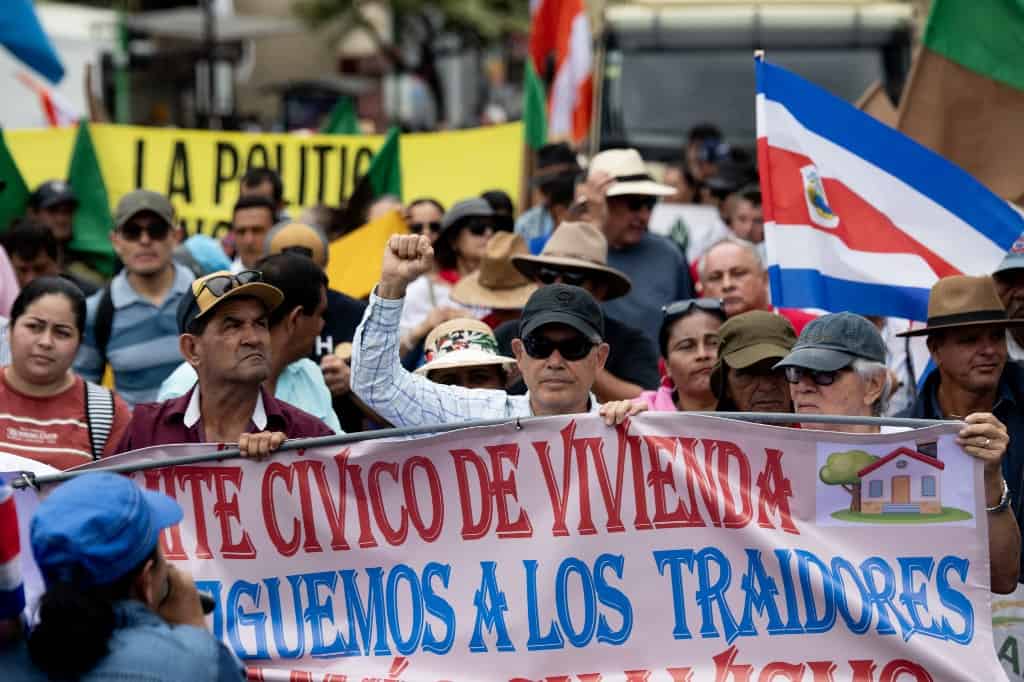Eight former presidents of Costa Rica issued a joint statement on Thursday defending our country’s democratic institutions, particularly the Supreme Electoral Tribunal (TSE), against recent international scrutiny. The leaders, representing various political parties and spanning terms from 1986 to 2022, addressed concerns raised by U.S. Congressman Mario Díaz-Balart about proceedings to lift President Rodrigo Chaves’ immunity.
The statement came after Díaz-Balart, a Republican from Florida and chair of a subcommittee on foreign assistance, expressed alarm over the potential removal of a sitting president months before the February 2026 national elections.
He described the process as using “ambiguous mechanisms” that could undermine democratic legitimacy. He requested a briefing with Costa Rican Ambassador Catalina Crespo in Washington to discuss the political climate and the case against Chaves for alleged “political belligerence.”
The ex-presidents—Óscar Arias, Rafael Ángel Calderón, José María Figueres, Miguel Ángel Rodríguez, Abel Pacheco, Laura Chinchilla, Luis Guillermo Solís, and Carlos Alvarado—stressed that the TSE stands as a pillar of Costa Rican democracy. They urged the international community to avoid hasty judgments based on partial or biased reports.
“We call on the international community not to rush to judgment based on biased reports about our electoral authorities,” the document reads. “We are living in times when political tensions surrounding an upcoming electoral process lend themselves to some local political actors involved in the contest seeking to discredit and undermine the electoral process.”
They explained that “political belligerence,” a legal restriction on political participation for those in power, serves as a safeguard for electoral freedom and carries a 98-year tradition in Costa Rican law. While acknowledging their own worries about the current administration’s actions against key institutions, the former leaders argued that the foreign criticisms miss the mark.
“Although we ourselves have expressed concern about our democracy in the face of unprecedented attacks on republican institutions by the current government authorities, the reasons for concern expressed by those who have spoken out from abroad are not the correct ones,” Chinchilla added in a separate post on X.
Costa Rica’s government and judiciary have reaffirmed their adherence to constitutional procedures amid the dispute. The TSE dismissed the U.S. congressional inquiry as irrelevant to its legal processes, viewing it as a political gesture without bearing on domestic affairs. President Chaves has faced ongoing backlash from the TSE over his repeated criticisms of the institution, which some see as eroding public trust in the electoral system.
This episode brings to light broader tensions as Costa Rica approaches its elections. Our country has long held a reputation for stability in this part of the world, with peaceful power transitions and strong institutional checks. However, our current administration has drawn criticism from former leaders for what they describe as disrespect toward the democratic framework and essential oversight bodies.
The joint defense by the ex-presidents underscores a cross-party commitment to preserving institutional integrity here in Costa Rica. As the electoral process unfolds, observers expect continued dialogue between Costa Rican officials and international partners to clarify the situation and maintain alliances on issues like security and migration.






